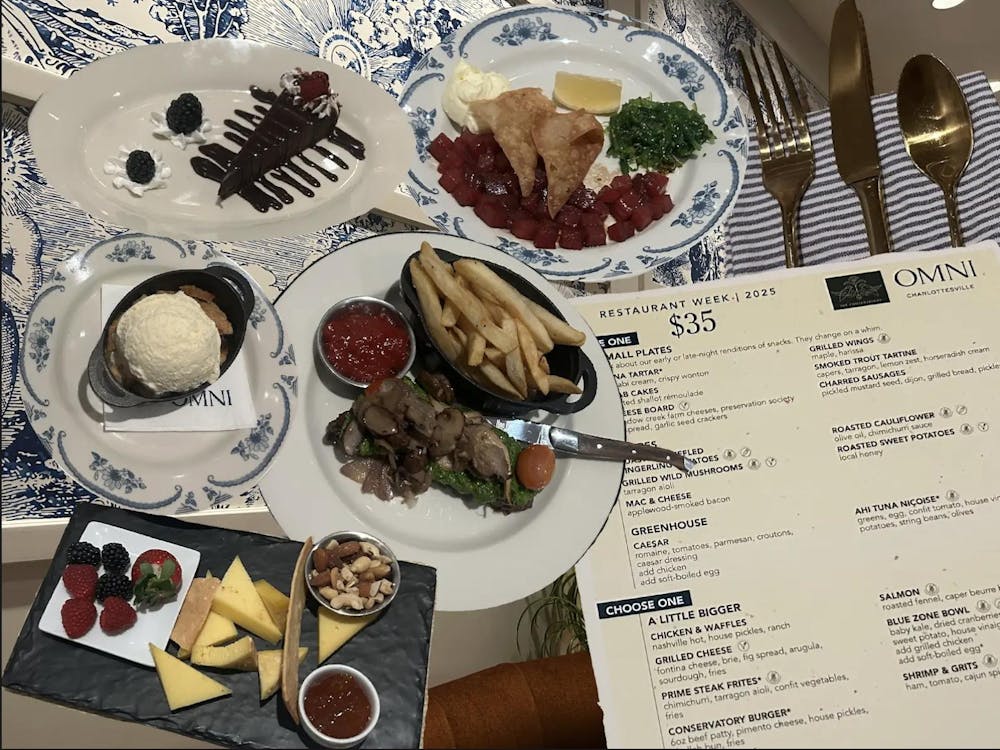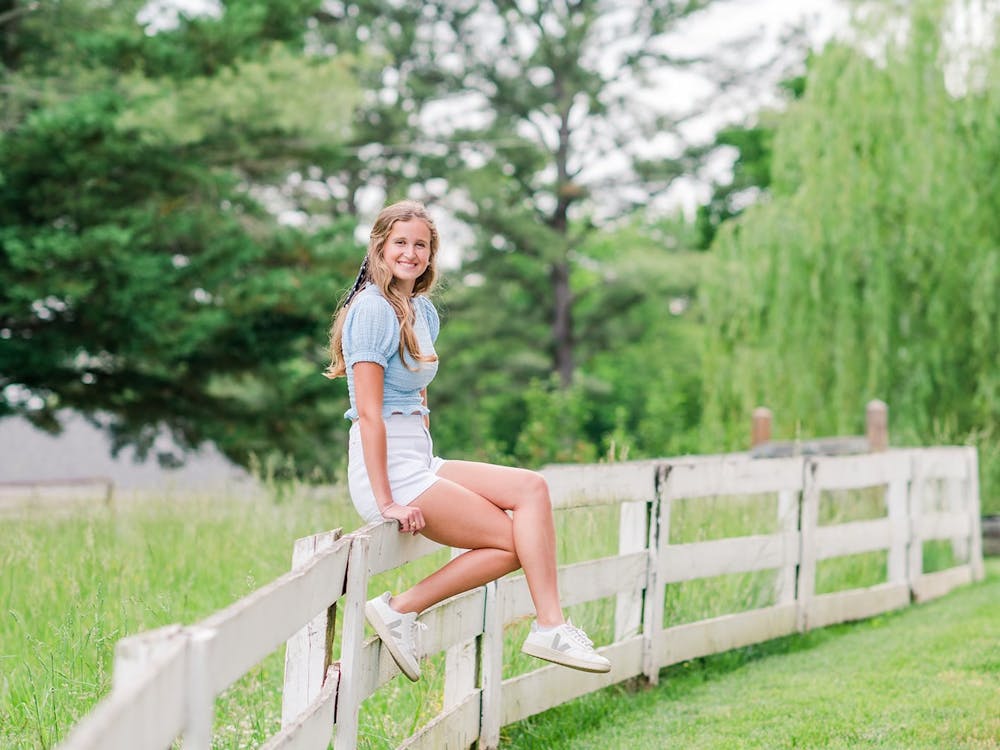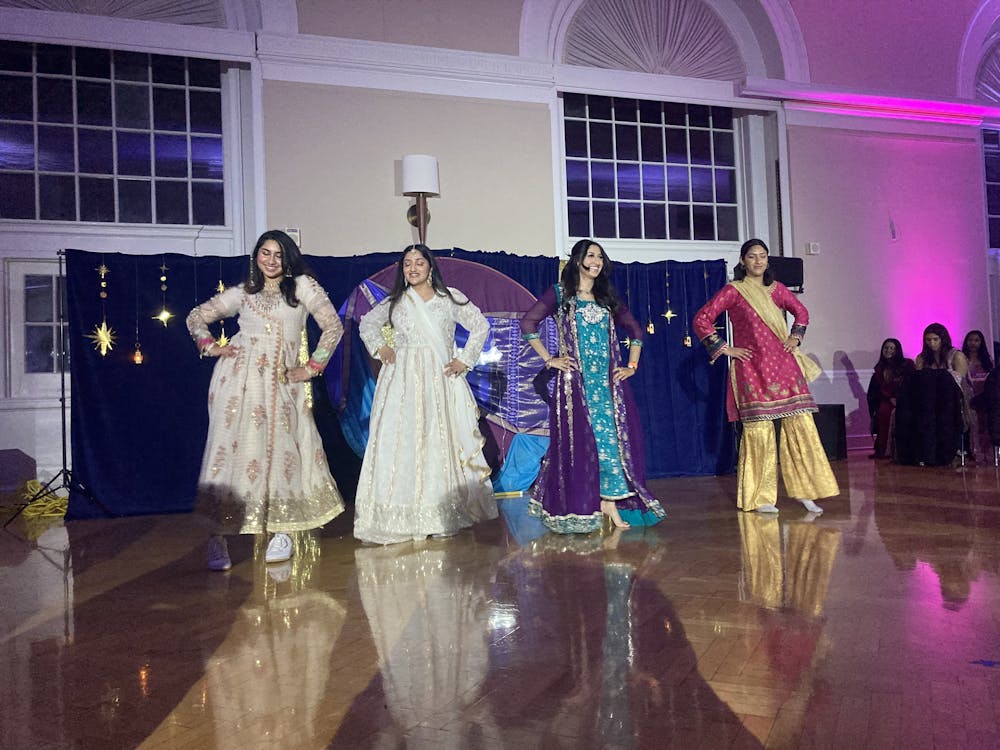I did not join hundreds of my fellow students in the amphitheater Wednesday evening, but looking back, I wish I had.
Following the controversial arrest of University student Martese Johnson, Black Student Alliance and Black Dot hosted a rally in the amphitheater protesting discrimination and police brutality. From friends who attended, I heard there were emotional and impassioned speeches — some with neutral arguments and others that were more provocative.
I could blame my absence on a hefty workload or obligations to my extracurricular organizations. However, a small part of me realizes my reservation likely stemmed from something infinitely more unsettling — a desire to avoid confrontation and discomfort.
As a young, white woman with a fortunate upbringing, I often feel as if I’m walking on hot coals when it comes to discussing racial discrimination. I worry my words will be unwelcome and my inability to fully understand and empathize will be offensive.
Last semester, student groups like BSA held vigils and protests following rulings in the Michael Brown and Eric Garner court cases. I could have joined the marches through libraries and dining halls, but instead I chose to watch meekly from the periphery. I thought if I was quiet and respectfully kept my distance, the procession and feelings of anguish would pass. I didn’t want to exacerbate the situation by doing something that was — or could be perceived as — ignorant or insensitive.
I separated myself from the issue both physically and psychologically. But in doing so, I inadvertently created an “us versus them” situation — right there in Newcomb Hall. My inaction was not only unproductive, it was regressive. And though I recognize this issue is much bigger than me, many instances of individual inaction together can present an impediment to social progress.
While I might not be able to offer much, I can play a role by actively listening to my fellow students. I can show steadfast support for people who feel marginalized, even if I have not shared their experiences. I can check my own confusion and doubt at the door when someone says they have experienced discrimination. I can stop getting defensive when told I, too, am subject to racial bias.
I, and many other University students, can stop speculating about the specific details of Tuesday night. First reports are often wrong, and regardless of what exactly occurred, there is racism in the Charlottesville community. We must stop undermining its presence.
In the aftermath of what happened to Martese, and other cases of race-driven brutality that occur far too often in our country, it is clear we have a problem. I want to see proactive change as much as anyone else, but altering the attitude of society starts with the individual. I hope we students can join together in pursuing this individual change by challenging our own misconceptions.
Tori’s column runs biweekly Fridays. She can be reached at t.travers@cavalierdaily.com.





